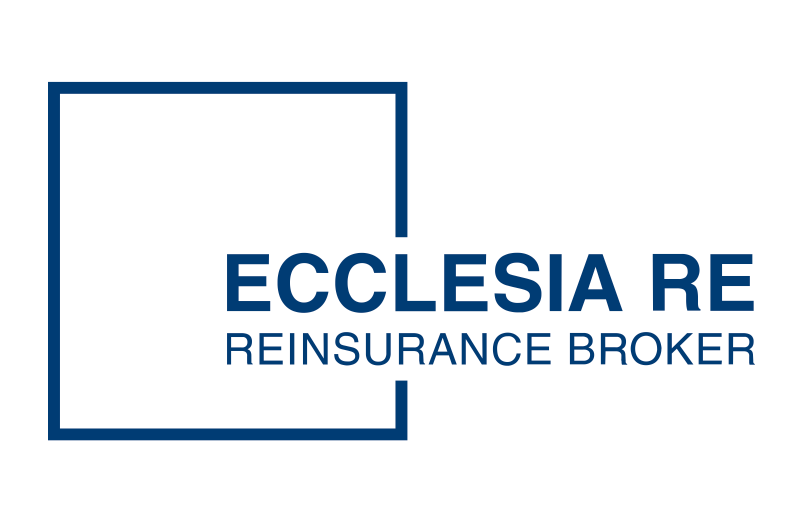“Salesperson” or “financial professional”? It’ a battle that’s been raging for significantly longer than my 35 years in the industry. And, there are plenty of advocates on both sides to keep the semantical bantering going for another several decades, I’m sure. Those on the side of sales would suggest that until we’re paid by the hour or the job (much like accountants or lawyers), rather than be compensated by the products we sell or manage, we naturally fall into the realm of sales. Professional sales, they say – definitely! – but sales, nonetheless. On the other side, are those who scorn any association with sales and point to the educational requirements, multi-faceted accreditations and the fiduciary obligations of many advisors to bolster their “professional” bias.
Interestingly, a third option was surreptitiously floated back in 2008, with the publication of the book “Nudge: Improving Decisions About Health, Wealth and Happiness,” by authors Richard Thaler and Cass Sunstein (updated to “Nudge: The Final Edition”, 2021). Thaler, a University of Chicago behavioral economist and Nobel laureate, and Sunstein, a Harvard Law School scholar, introduced the term “choice architect” to the world along with the concept of “nudging” as it pertains to decision making.
A choice architect, as Thaler and Sunstein presented it, “has the responsibility for organizing the context in which people make decisions.” And, a nudge, as they describe it, “is any aspect of the choice architecture that alters people’s behavior in a predictable way without forbidding any options or significantly changing their economic incentives.”
Certainly, most, financial advisors would positively thrust their arms into the air when asked, by a show of hands, if that description reflects the underlying aspect of the work they do for their clients and prospective clients. “Of course”, I can hear them chiming in unison, “as a choice architect, I help my clients qualify and quantify their financial goals and then nudge them towards the most appropriate strategies for achieving those goals. Choice architect: check. Nudge: check again!”
At least, that’s the response I assume we would receive from advisors if, in fact, advisors were aware of the concepts of choice architect and nudge. Sadly, the vast majority are not. At least, none of the hundreds of advisors that I’ve personally asked about the concepts were aware of them. However, after describing the notion of choice architect and nudging to these advisors, to a person, they fall in line with the hypothetical response I posed above.
Interestingly, I started to use both terms in my Personal Financial Management MBA course shortly after the publication of Nudge. My students’ response to aligning the financial advisor role as choice architect, and their nudging activities in prodding their clients’ actions toward goal achievement as helpful and beneficial to the clients, was nothing but positive. And, if I can assume that my students’ response is a proxy for that of financial services consumers – which I believe is a very justifiable assumption given that many of the students were already such consumers – it would suggest that consumers en masse would look positively on financial advisors assuming the mantle of choice architects, conscientiously working through a series of nudges to ensure that those consumers made good financial decisions.
So, what’s my point in all of this?
Well, it’s not to go out and promote financial advisors as choice architects to the public any time soon…a little to self-serving and premature, at this time for my liking. Rather, it’s to promote – internally – the very positive aspect of financial advisors as choice architects and the equally positive activity of moving clients towards goal achievement through a series of well thought out, conscientious nudges. It’s time to get over the professional versus salesperson diatribe that many within the industry have belabored for decades and move on to a more harmonious discussion centered on Thaler and Sunstein’s choice architect.
Obviously, this will require educating the industry to the concepts as spelled out by our two academics. But, no worries, this isn’t rocket science, as the authors themselves would attest. Professionals and salespeople alike, could, no doubt, learn and work through this paradigm shift in short order. Let that permeate through the industry for a while and then we can discuss strategies on going public with our newly enlightened persona.
About the author:
Daniel Collison is co-founder and managing partner with Advice2Advisors, which trains, mentors and coaches growth-oriented financial advisors of all tenures.
To learn more, contact us at: www.advice2advisors.com or 1-833-226-2242.
The views and opinions expressed herein are the views and opinions of the author and do not necessarily reflect those of Nasdaq, Inc.







































